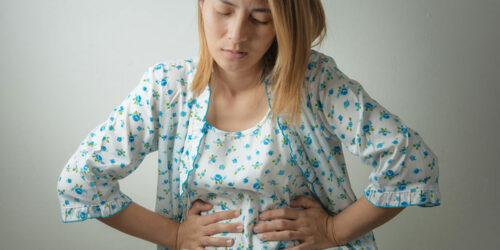
6 beneficial foods to ease the symptoms of arthritis
Arthritis is a group of diseases that can cause stiffness, swelling, and pain in the joints and can end up affecting people of all ethnic backgrounds, genders, and ages. Arthritis is of different types. One of the common types is rheumatoid arthritis, an autoimmune disease wherein the joints come under attack by the immune system.
Read More 



